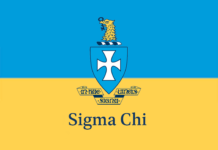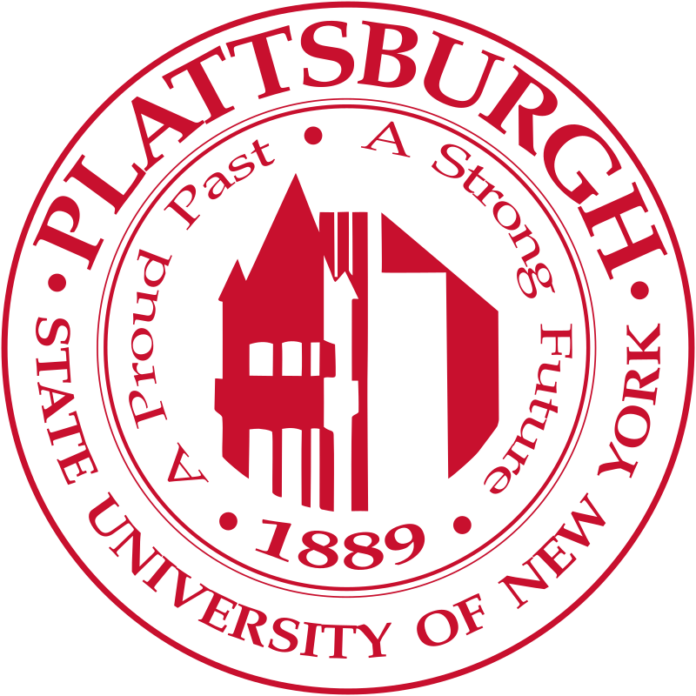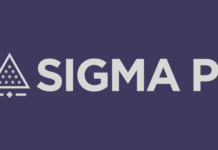Every one of Greek life organizations at SUNY Plattsburgh signed on an internal contract condemning the use of hateful language earlier this semester.
The contract targets the use of language that is “improper” and does not align with Fraternity and Sorority Life’s values of inclusivity, community service and self-improvement.
“We don’t accept bias, prejudice, hateful language in our community anymore. We’re not going to tolerate it,” Emma Peer, president of the Inter-Sorority Association, said. “If it continues, then there will be serious repercussions for whatever organization. We’re really trying to get past a lot of issues within our community, and a lot of it has to do with [diversity, equity and inclusion].”
{…}
Walsh likes that there is now a formal document representing Fraternity and Sorority Life’s stance on abusive language and holding herself as well as her peers accountable. She also hopes the contract serves as a reminder of a conscious promise to abide by a moral code. Since signing the contract earlier this semester, Fraternity and Sorority Life has not had to deal with any instances of unaccepted language, which Walsh sees as the contract working as intended. She is “optimistic” that this will continue to be the case.
It is unlikely that members violating the contract will be disaffiliated from their organizations, as Greek life membership is usually lifelong, Peer said. The ISA and Inter-Fraternity Council don’t have authority over their member organizations, either, so it will be up to the specific organizations to take action on any contract violations.
“Addressing historical problems within Greek life,” such as when race, class, sexuality, gender identity or religion become barriers for inclusion, will be the focus of the remainder of the terms of Peer and IFC President Deren Purisic. The measures will also serve to combat the stereotype of Greek life as a “popularity contest” and constant partying, Peer said.
“We want people to look at us and see organizations that exemplify tolerance, understanding, compassion, that feel welcoming to people regardless of how they identify in any way,” Peer said.
Greek life organizations also host public events and chapter meetings discussing issues of social justice and DEI. In April, Sexual Assault Awareness Month, Fraternity and Sorority Life and DEI will collaborate on a campaign with programming to help students understand, recognize and prevent sexual assault and connect them with appropriate resources.
Heard looks forward to DEI and FSL’s joint event called Teal the Quad April 4, where they will tie teal ribbons around trees in Amitie Plaza outside of the Angell College Center. Teal is the official color of Sexual Assault Awareness Month since 2000, and a teal ribbon symbolizes awareness and prevention of sexual assault.
{…}
Heard wants students to sign the contract only if they commit to the promise they make.
“It starts at home, it starts with the person, it starts in a person’s heart,” Heard said.
Walsh said she hopes Fraternity and Sorority Life’s steps toward inclusivity and respect within their own community will spread to the greater campus and city communities through a “ripple effect.” While hateful language is legally allowed on campus, whether it is used reflects the community’s values, Heard said.
“Clearly, our Greek life organizations made a decision that they hope to have a positive reputation on campus,” Heard, who reviewed and approved Fraternity and Sorority Life’s contract, said. “In those [Greek] letters, there is an implied respect for people who don’t have those letters. Harmful speech is against our values.”






















